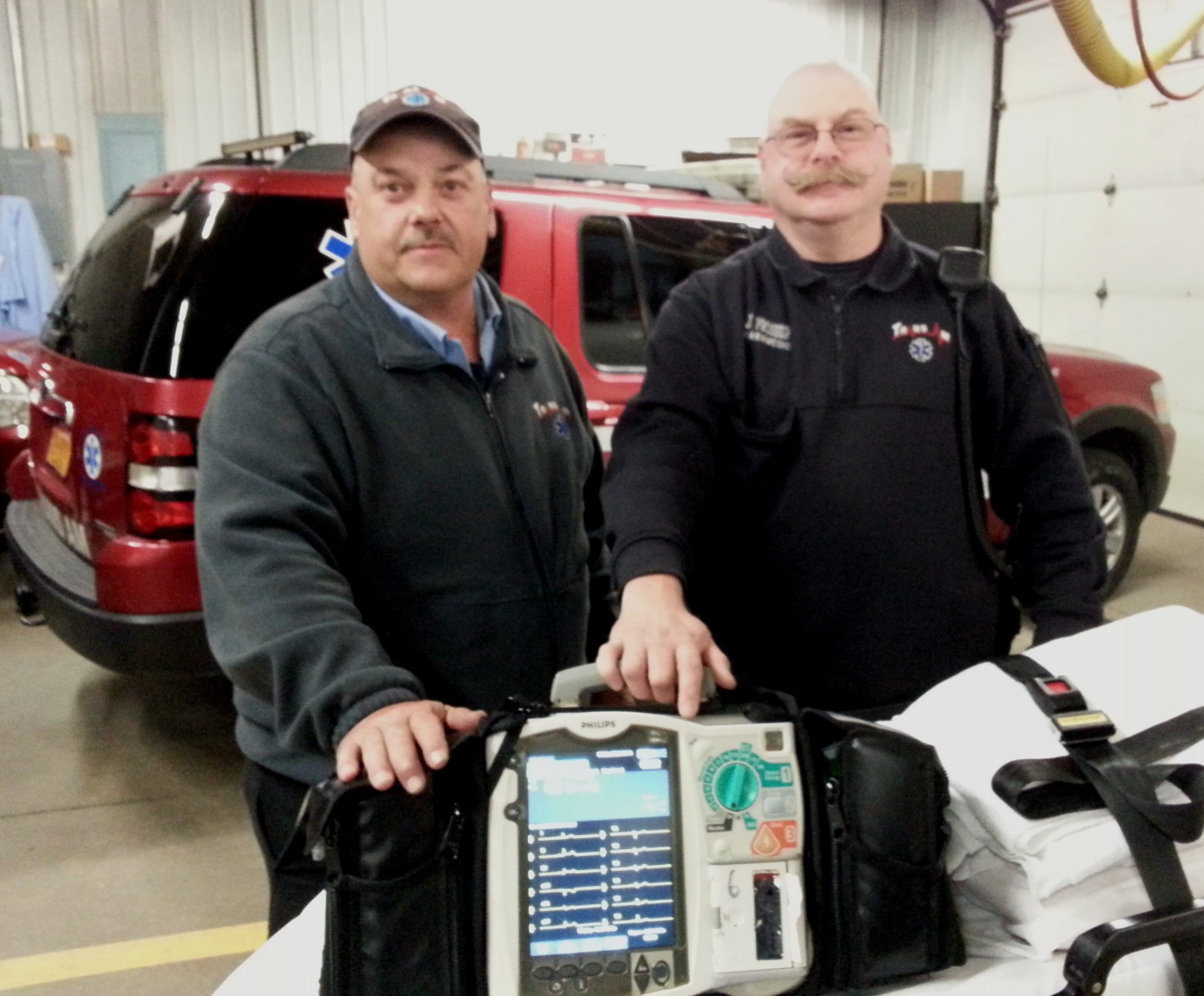Trans Am Ambulance Receives American Heart Association’s Mission: LIfeLine Award

Mission: Lifeline EMS Bronze Plus Award
New York ambulance service honored five consecutive years for STEMI heart attack response
Trans Am Ambulance Services is pleased to announce it has been recognized by the American Heart Association (AHA) with the 2019 Mission: Lifeline EMS Bronze PlusAward for superior pre-hospital care for patients experiencing severe heart attacks. This is the fifth consecutive year that Trans Am Ambulance Services has been recognized by the AHA and met all standards for cardiac emergency response.
“Trans Am has participated in the Mission: Lifeline program for the past five years, and the fact that we have achieved the benchmarks for each consecutive year is a testament to our commitment to providing the highest levels of pre-hospital care for STEMI patients in our community,” said Trans Am General Manager Todd Reisner.
“In these serious cardiac incidents, time is critical to preserve heart muscle and to produce positive outcomes for our patients. We communicate with our hospital partners on these cases before the patients arrive in the emergency department and collaborate with them to minimize the time between a patient’s first medical contact and intervention in the cardiac catheterization lab. We believe that our efforts and collaboration save lives.”
In 2018, Trans Am Ambulance crews have responded to 136 calls for patients reporting cardiac type chest pain. Of those, 14 patients were indicative of STEMI heart attacks based on pre-hospital electrocardiogram (ECG).
In total for the five years that Trans Am Ambulance has participated in the Mission: Lifeline program, the ambulance service has responded to 1,017 calls for patients reporting chest pain and recognized ECG readings for 78 STEMI patients.
Every year, more than 250,000 Americans experience an ST elevation myocardial infarction, or STEMI, the deadliest type of heart attack. STEMIs are caused by a blockage of blood flow to the heart that requires timely treatment. Blood flow must be restored as quickly as possible, either by mechanically opening the blocked vessel or by providing clot-busting medication.
The Mission: Lifeline initiative provides the tools, training and resources to support heart attack care following protocols from the most recent evidence-based treatment guidelines. Mission: Lifeline’s EMS program recognizes emergency medical services for their efforts in improving systems of care to rapidly identify suspected heart attack patients, promptly notify the medical center and trigger an early response from the awaiting hospital personnel.
“We applaud Trans Am Ambulance Services for achieving this award in following evidence-based guidelines in the treatment of people who have severe heart attacks,” said Tim Henry, M.D., Chair of the Mission: Lifeline Acute Coronary Syndrome Subcommittee.
“EMTs and paramedics play a vital part in the system of care for those who have heart attacks,” Dr. Henry said. “Since they often are the first medical point of contact, they can save precious minutes of treatment time by activating the emergency response system that alerts hospitals to an incoming heart attack patient.”
About Trans Am Ambulance Services
For more than 30 years, the Reisner family and the Trans Am team have provided the highest quality ambulance service to Cattaraugus County and the Village and Town of Cuba in Allegany County in west Upstate New York. The company also serves customers in McKean and Potter counties in northwestern Pennsylvania. Every Trans Am medical vehicle is staffed with highly skilled certified paramedics and EMTs who are trained in the latest lifesaving technology and emergency protocols. Trans Am is a member of the national Priority Ambulance family of companies.
About Mission: Lifeline
The American Heart Association’s Mission: Lifeline® program helps hospitals and emergency medical services develop systems of care that follow proven standards and procedures for acute coronary syndrome patients. The program works by mobilizing teams across the continuum of care to implement American Heart Association/American College of Cardiology clinical treatment guidelines. For more information, visit heart.org.
